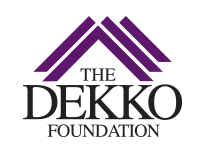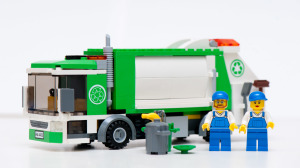The disposable nonprofit. It’s time!
Cameras, contacts, razors, cars…everything’s disposable these days…except some things that SHOULD be. Let us explain.
It seems there are two types of nonprofit organizations:
Some nonprofits invest in peoples’ well being. YMCA’s, senior citizens’ centers and 4-H Clubs fall into this category. Even though times change and people change, it’s pretty likely that there will be a long-term need for healthy minds and bodies. Some segment of the population will always be senior citizens. And the need to invest in young people will never go away! Such organizations need to be strong, long lasting and sustainable.
Other nonprofits exist to solve a social ill (such as child abuse and neglect) or cure a disease (like polio). In our opinion these nonprofit organizations should be short term in nature and approach their work from a “trying to put themselves out of business” point of view. In other words, these nonprofits should be disposable. They should work hard to fulfill their purpose and, BOOM, be gone.
Problems arise when organizations designed to solve social ills begin to behave like nonprofits that invest in people’s well being. Their focus shifts toward buildings and equipment. Money gets spent on the wrong things. Solving the original problem gets buried underneath day-t0-day business and busyness.
If you work for a nonprofit or serve on a board of directors, analyze which kind of nonprofit yours is. Then, ask yourself, “Should we be trying to last forever or should we try to put ourselves out of business?”








